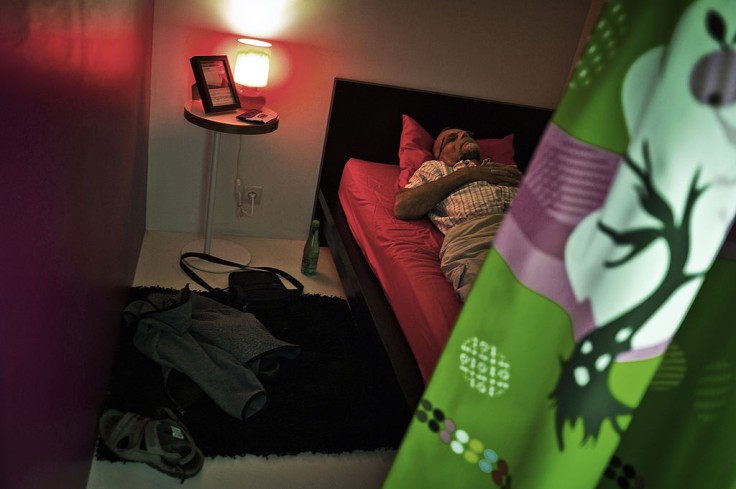
A night of tossing and turning is not fun at all. It is not only frustrating, but sleepless nights are also linked to health problems, including cardiovascular diseases, diabetes, and mental health disorder.
A study on 2,000 adults in the U.K. found that the biggest reason why a person could not get a good night's sleep includes the feeling of being stressed, worrying about financial concerns, and being unable to get the right temperature for a good nightcap, the Independent reports.
Most adults need seven to nine hours of sleep, the Sleep Foundation says. Children and teenagers need more. Getting less sleep than the necessary amount leads to sleep deprivation. Not getting enough sleep can lead to slowed thinking and response time, poor memory, irritability, and lack of energy.
The Sleep Foundation cites three types of sleep deprivation: acute sleep deprivation in which a short period, usually a few days or less, when a person has a significant reduction of sleep time. On the other hand, chronic sleep deprivation is a curtailed sleep that lasts for three months or more. Chronic sleep deficiency is described as sleep deprivation because of sleep fragmentation or other disruptions.
Here are some reasons why nights can be restless:
Restless Legs Syndrome
RLS is defined as a persistent need to move legs due to cramping, unpleasant tingling, or creeping sensations. Doctors are at a loss for what causes RLS, but doctors think it's hereditary. There is no cure for RLS, but treatment is more on management and minimizing symptoms, UPMC says.
Limiting caffeine, tobacco, and alcohol and having regular exercise and relaxation techniques can help control RLS.
Uncomfortable mattress
The U.K. research study indicated that 38 percent of adults do not get enough sleep due to uncomfortable mattresses.
Partner's snoring, traffic noise and light pollution
Thirty-six percent have a problem dozing off due to a partner's snoring or the noise coming from the bedroom window.
Diet
Overeating dinner before bedtime can cause sleep disruptions. The burping and the bulging stomach can make you feel sluggish and unable to relax in the evening.
Caffeine affects cardiovascular rate and heart rate, and blood pressure. Caffeine remains in the body for hours after consuming it. Drinking coffee several times a day may not allow your body to clear them quickly, leaving you sleepless at the later time of the day.
Stress
Hectic work schedules, family obligations, health situations, and major lifestyle changes require time and effort to plan and attend. Stress can cause serious ramifications, and restless sleep is one of its signs.
Lifestyle
Exercising late at night or even watching Netflix for far too long can impact your sleep. For those working late at night, experts recommend a routine, comfortable sleeping environment and limiting stimulants before bed to help you get track despite working late hours.
A brisk walk hours before sleep can help one sleep better. This makes the body tired and is all prepped up for rest. A warm cup of decaf tea, milk, bath, or medication allows the body to tune in and prepare for bed.